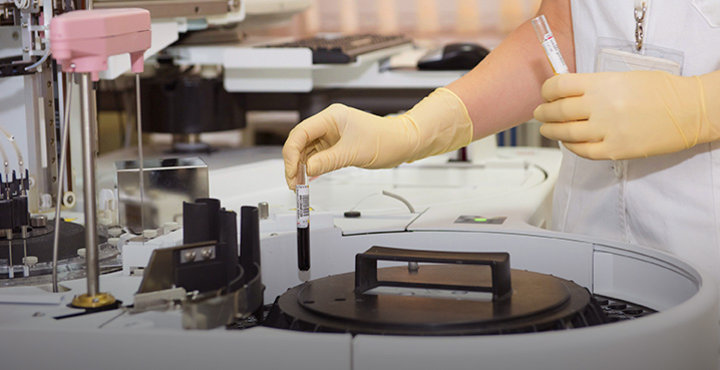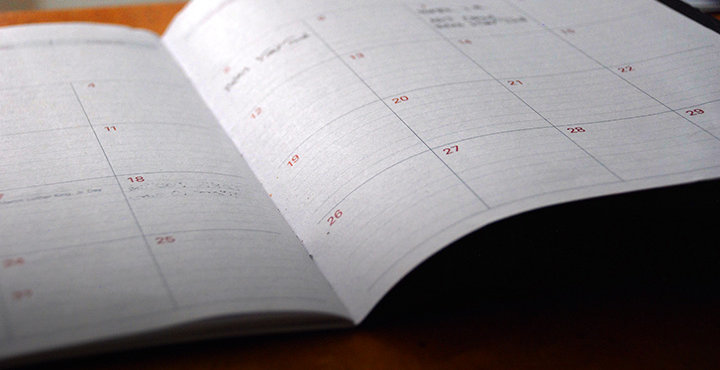When writing a scientific paper or lab report, your purpose is to communicate your findings to the reader and to explain the research behind your findings. However, proving your overall knowledge of the subject in question is just as important. Organizing your thoughts in lab report writing and clearly expressing your data can go a long way toward highlighting your expertise.
In this three-part series, we will provide you with advice about lab report format and citation style to ensure clarity in your scientific assignments.
10 key points about lab report writing
1. In general, a lab report or scientific paper should be viewed as a document one might submit to a scientific journal for publication. Therefore, approach your document with as much professionalism as possible. If you are writing a lab report, make sure it is an individual effort, (no copying from friends or classmates). Choosing to collaborate with others may result in heavy penalties on individual assignments. When writing a scientific paper or lab report, always remember to cite your sources properly to avoid plagiarism.
2. Your scientific paper will be viewed with a critical eye by your lab professors and instructors or by the journal to which you are submitting. Keep in mind you are being critiqued for organization and writing style in this type of format. Therefore, remember to begin each paragraph with a sentence reflecting the topic of that paragraph.
3. You can use either passive or active voice in your lab report, although we recommend active voice since it often reads as being more concise. The passive voice sometimes reads as a longer description of the same idea. For example: "It was observed that the composition of the formula resulted in a more secure bond of the two layers in this experiment" (passive voice), compared with "I/we observed a more secure bonding of the two layers in this experiment" (active voice).
4. Along the same lines, the more "to the point" your lab report is, the better; less is more, as far as word count goes. Overly long sentences are frustrating and confusing to the reader.
5. When writing about the results and your methods for achieving them, remember to use the past tense of verbs, since your findings have already been conducted and now you are writing about them. However, the lab report, the theory, and your equipment should be referred to in the present tense because they still exist.
6. Scientific terminology (for example, genus and species names) is Greek- or Latin-based, and thus, should be written in italics; for example, Cinnamomum burmannii, also known as Indonesian cinnamon. A note to remember: The word "species" is used for both singular and plural forms.
7. Always proofread your lab report or scientific paper. Do not rely on your computer's spell-check feature to catch every spelling mistake or grammatical error. Instead, ask a college or a professional editor to review your work for you.
8. Avoid redundancies (repeating the same words or thoughts or BOTH several times within a sentence or paragraph). This happens frequently in scientific papers because many report writers feel the need to stress their ideas, but in some cases, writers do so to the point of obsession. If you've said it once with accuracy, consider it said a thousand times.
9. Watch the use of articles (words like a, an, and the), as in many cases they are missing or added where they need not be.
10. Watch the use of words like and, so, and but. Many scientific paper writers often start a sentence with these words, which are called "conjunctions" in English grammar.
Editing your lab report
Do you have a lab report or scientific paper that requires a style makeover? Submit your lab reports and scientific papers to our academic editing service today.
Image source: Unsplash/Pixabay.com



